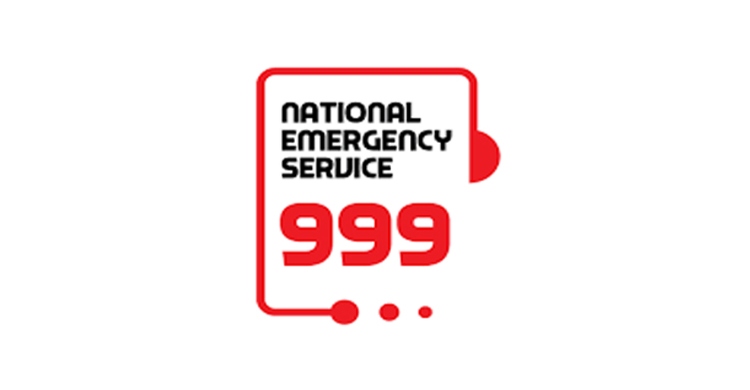999 now a symbol of public trust during crucial times


The national emergency services '999' has become an indispensable part of people's lives as it helps provide prompt emergency services in line with the information from the callers in need.
The toll-free 24/7 service connects citizens to police, fire, and ambulance services. One can get the emergency services by dialling the number. The services are managed by the police and can be accessed from any phone.
There are numerous instances of getting emergency services after dialling the 999.
Last year, a pregnant woman at Rupdia Railway Station in Jashore got the immediate services of 999.
Rina Begum, a resident of Kadamtali area of Dhaka city, said two acquainted people entered her house at midnight on the pretext of talking, but later they started taking drugs. She got panicked when she saw a knife in their hand while she was inside the house and called 999. Sensing the presence of the police, the drug addicts fled.
This example of humanitarian service proves how 999 services stand by people in times of danger.
When asked how she knew about 999, she said that a few days before the incident, she had heard that if you are in danger, you can call this number to get police assistance.
According to the available statistics, over 6.60 crore emergency calls have been received by 999 until September 30 of this year since its inception in 2017.
Services have provided over 2.90 crore phone calls which is 43.97 percent of the total phone calls. During that time, the highest number of policing services was provided.
Considering the effectiveness of the 999 services, the government has taken multiple projects to enhance the overall operational capacity of the services for the welfare of the people.
As part of the plan, the government is considering separate projects to set up additional 100 workstations in Purbachal, on the outskirts of the capital city and a larger workstation at Amulia under Demra Police Station at a cost of Tk 552 crore.
Currently, the 999 receives around 24,000 calls per day, with only 80 call takers and 20 dispatchers handling. Of the total calls, around 56 percent are unnecessary or annoying.
To address this problem, the 999 authorities have launched a media campaign to raise public awareness and have begun the process of recruiting newly trained, educated, young and professional staff. There are also plans to conduct educational institutions, mosques and community-based campaigns using the community policing system.
Mohiul Islam, the head of 999 services and Additional DIG of Police, said, "999 services have built a place of trust among the people day by day.
However, on the one hand, the scope of services is increasing; on the other hand, its capacity is still limited, he said.
The proposal to set up 100 new workstations in Purbachal and the process of building a large-scale center of 500 workstations in Amulia in Demra is underway, he also said.
"If the projects are implemented, it will enable us to provide faster, more accurate and secure services to the citizens," he said.
He also said that out of the 24,000 calls received daily, most of the calls are unnecessary.
These unnecessary calls not only mentally upset our call takers, but also delay real emergency calls, which can sometimes be life-threatening.
"We are running various media campaigns to raise public awareness in this regard. Besides, we are trying to manage call handling more professionally and sensitively by hiring trained young and educated staff," he said.
Police Inspector Anwar Sattar, the National Emergency Service's media and public relations officer, said, "Currently, our call-taking capacity is limited to 80 incoming lines, where unnecessary calls are creating a major bottleneck every day. Due to these calls, people in real danger often get services in delay."
